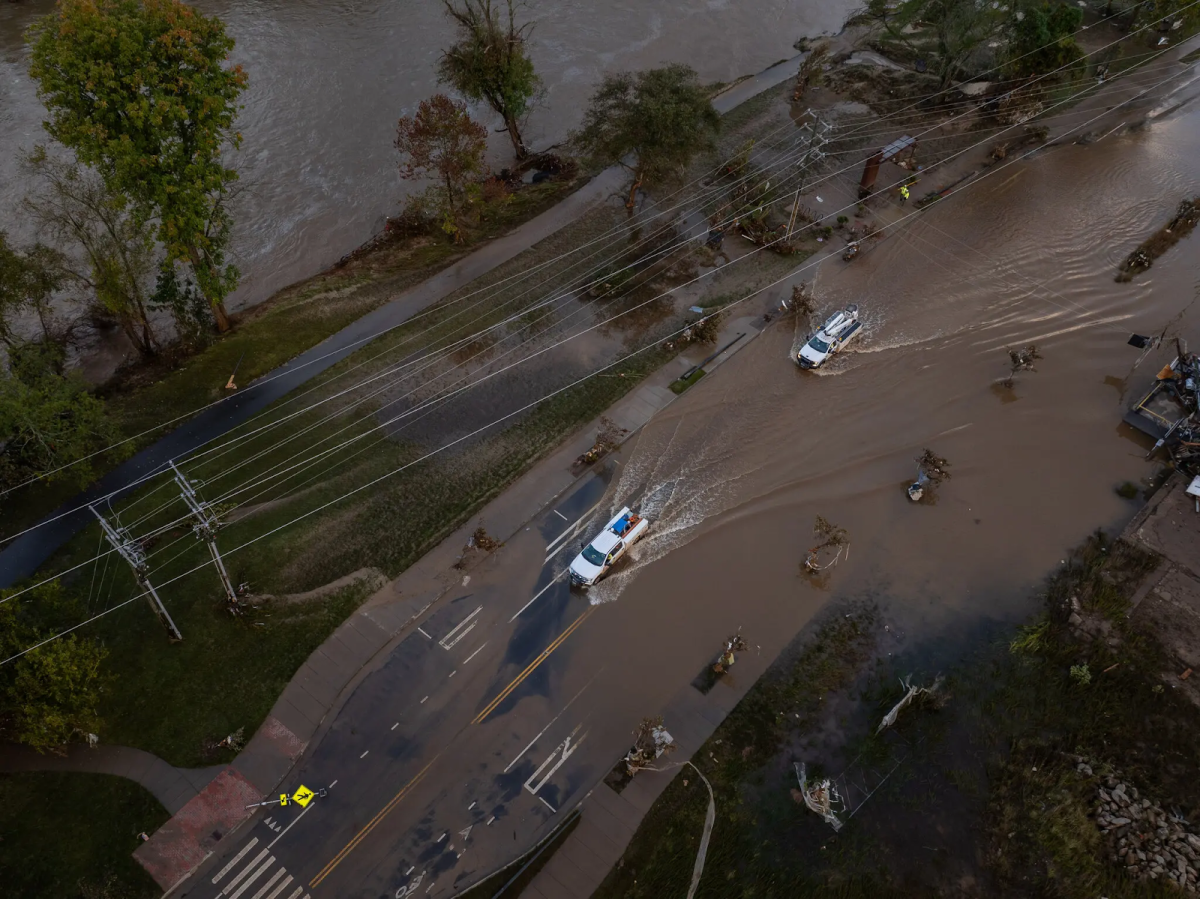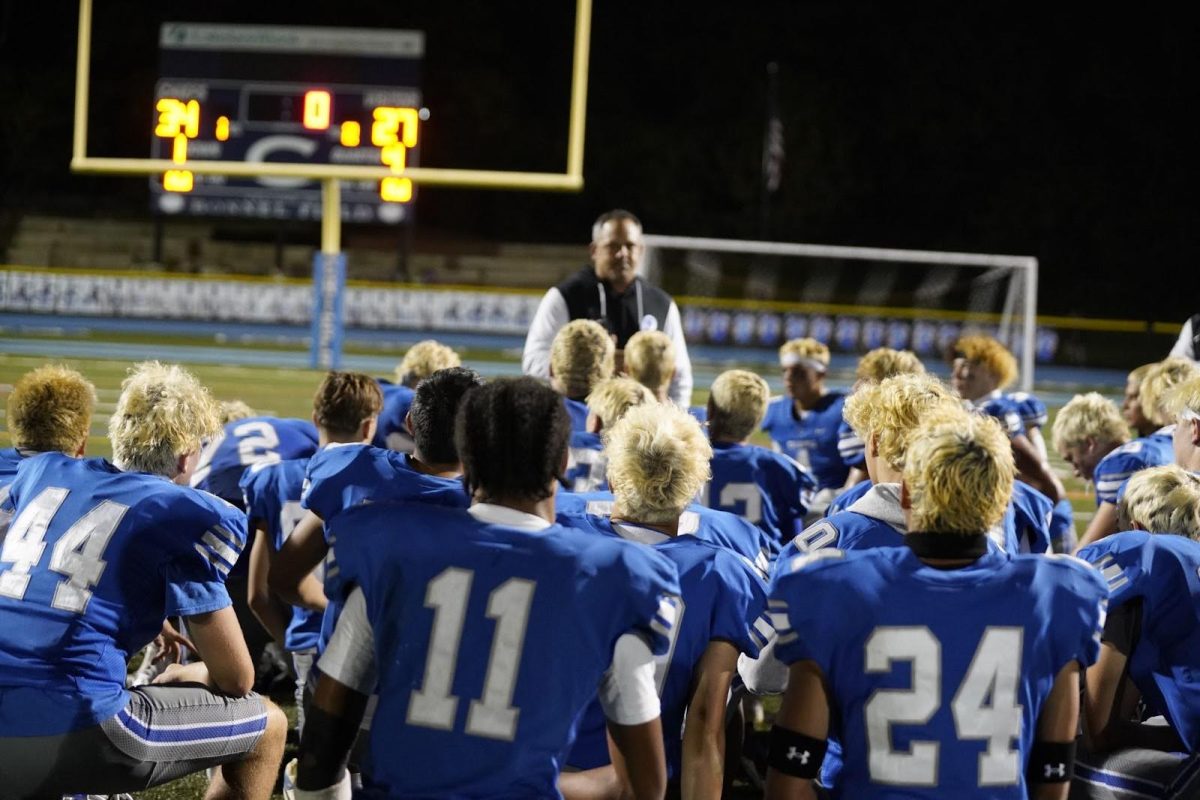
In December of 2020, the COVID-19 healthcare professionals began administering vaccines to frontline and healthcare workers, as well as the most vulnerable groups of American citizens. Since then, the Biden administration has been pushing Americans to get the vaccine as early as possible. As of April of 2021, COVID vaccines were available for anyone over the age of 16, and in May it was announced that anyone over 12 was eligible to receive their doses of the vaccine (White House). As vaccination rates have tapered off in the last few months, there has been a call from many government officials and other professionals to mandate vaccinations for those who have not already received them. President Biden announced this summer that there will be mandates put in place for federal employees, and since then many other businesses and employers have also announced that they will be requiring their employees to get the vaccine. The question now is, should they be allowed to do this?
Leading vaccine companies in the United States such as Moderna and Pfizer-BioNTech created the mRNA vaccine against COVID-19. The mRNA vaccines are unique in the way that they work— they do not contain the live virus. But rather, they allow our cells to produce spike proteins that are found on the virus itself, which are then displayed, triggering an immune response from our body. This immune response then creates the same antibodies that are created as when you have the virus. These vaccines do not alter the cell’s DNA whatsoever and contain no harmful components for the body (CDC). Experts claim that at least 90% of the entire country’s population needs to be vaccinated for herd immunity— or complete protection against the disease— to be reached (NY Times). However, many states have been lagging behind in getting as many people as they can vaccinated. This has caused a stagnation in the immunity percentage in the country, which has pushed the possibility of herd immunity even further back. With the Delta variant still running rampant in the country, it is urgent that everyone who is eligible gets vaccinated.
This jarring plateau in vaccination rates has led experts and government officials to start to mandate vaccinations for certain professions and employees. New York City has also recently implemented a requirement of proof of vaccination in order to participate in most indoor activities (Scientific American). Despite the evidence to back up these mandates, there has been significant criticism against mandatory vaccinations. Some claim it is unlawful to require American citizens to get vaccinated, or that it is immoral to demand someone do something with their body. However, there is legal precedent for requiring vaccinations in business, federal government positions, K-12 schools, as well as higher education institutions. As for businesses, the Department of Justice and the Equal Employment Opportunity Commission (EEOC) has declared that businesses are legally allowed to require COVID-19 vaccination to continue working in their establishment. This still applies even though the COVID-19 vaccinations are currently authorized under a EUA or an emergency use authorization. The situation for federal government employees remains similar to that of businesses. As for K-12 schools, every state, as well as Washington D.C, already require vaccinations for students, and 6 states do not allow for any exemptions. The courts have also already ruled in favor of higher education institutions mandating the COVID vaccine as seen at Indiana University (Scientific American). New Jersey will also require all teachers (preschool-grade 12) to be vaccinated or undergo weekly testing (NJ Gov).

As a historian and teacher at James Caldwell High School, Ms. Hollman also sees that from a constitutional standpoint, vaccine mandates are legal. Ms. Hollman noted that the Constitution, “sets forth in the Preamble to provide for the general welfare- it is a key role of the government to keep us safe from any invasion of the country, including a virus.” It is also worth mentioning that there is a longstanding precedent for mandatory inoculations in our country. Ms. Hollman discussed that even as far back as George Washington there has been a requirement for inoculations, whether it be to join the troops (smallpox) or for kids to be allowed in school (chickenpox, polio, measles, etc.). Although it will not be officially declared until it reaches the Supreme Court (which Ms. Hollman predicts will rule in favor of the mandates), there is substantial evidence to support that vaccine mandates in America are constitutional.






























